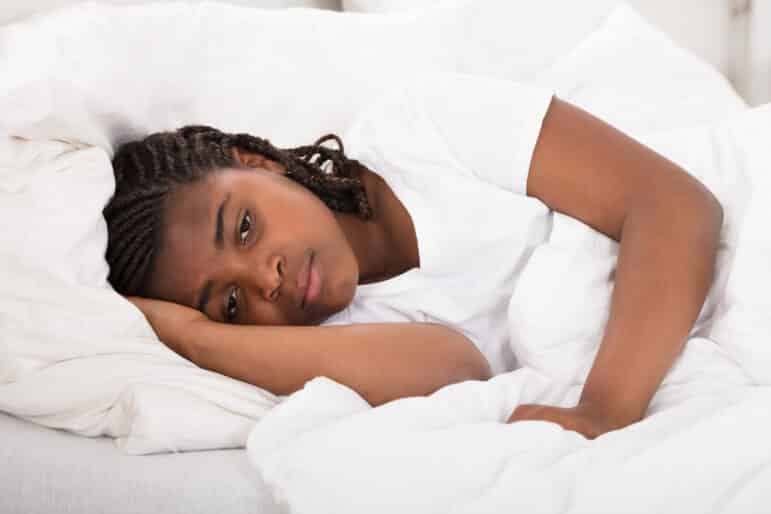Need help? Start on our program sites:
Sleepless nights. As adults, we know the impact of staying up too late, whether it’s due to something fun or something worrisome. For children and youth, much depends on adequate, restful sleep. Their bodies have the important work of physical and mental growth while they recharge during sleep. So, when good, deep sleep doesn’t happen, day-to-day life can be impacted. Sleep deprivation is linked to emotional and behavioral problems, poor concentration, lack of impulse control, impaired learning, and decreased immune function. It can also have a huge impact on family stress levels.

Be Proactive and Prepared
Trauma can change how the body moves through the different sleep cycles. If a child is new to your home, the different sleep environment may feel “wrong” at first. Children with prenatal substance exposure or early trauma experiences may feel their emotions more intensely when all is quiet and dark. In fact, it is common for a child’s grief at the loss of familiar caregivers to erupt at night, and they often have difficulty self-soothing.
One way you can help the children in your care sleep better is through parental attunement. This powerful emotional connection occurs when a caregiver recognizes, connects with, and shares the child’s inner states. As this connection grows, sleep should come easier. To learn more about getting to sleep and staying asleep, take a look at the resources offered below.
Recommended Resources
From the Resource Library
- Book: The Power of Showing Up–How Parental Presence Shapes Who Our Kids Become and How Their Brains Get Wired, by Daniel J. Siegel, M.D. and Tina Payne Bryson, Ph.D
- DVD: Sleep Problems, Richard Delaney
Additional Web Resources
